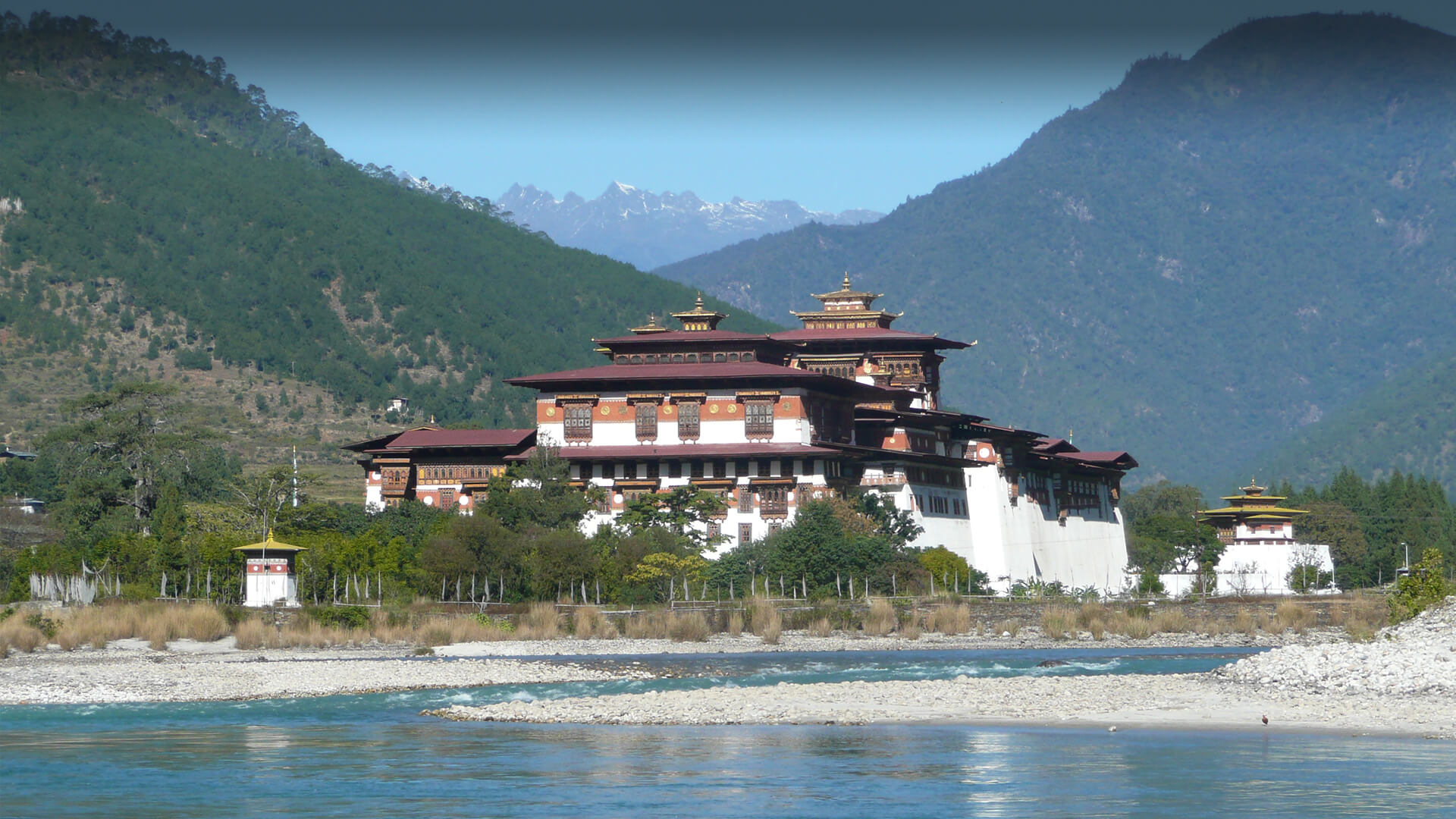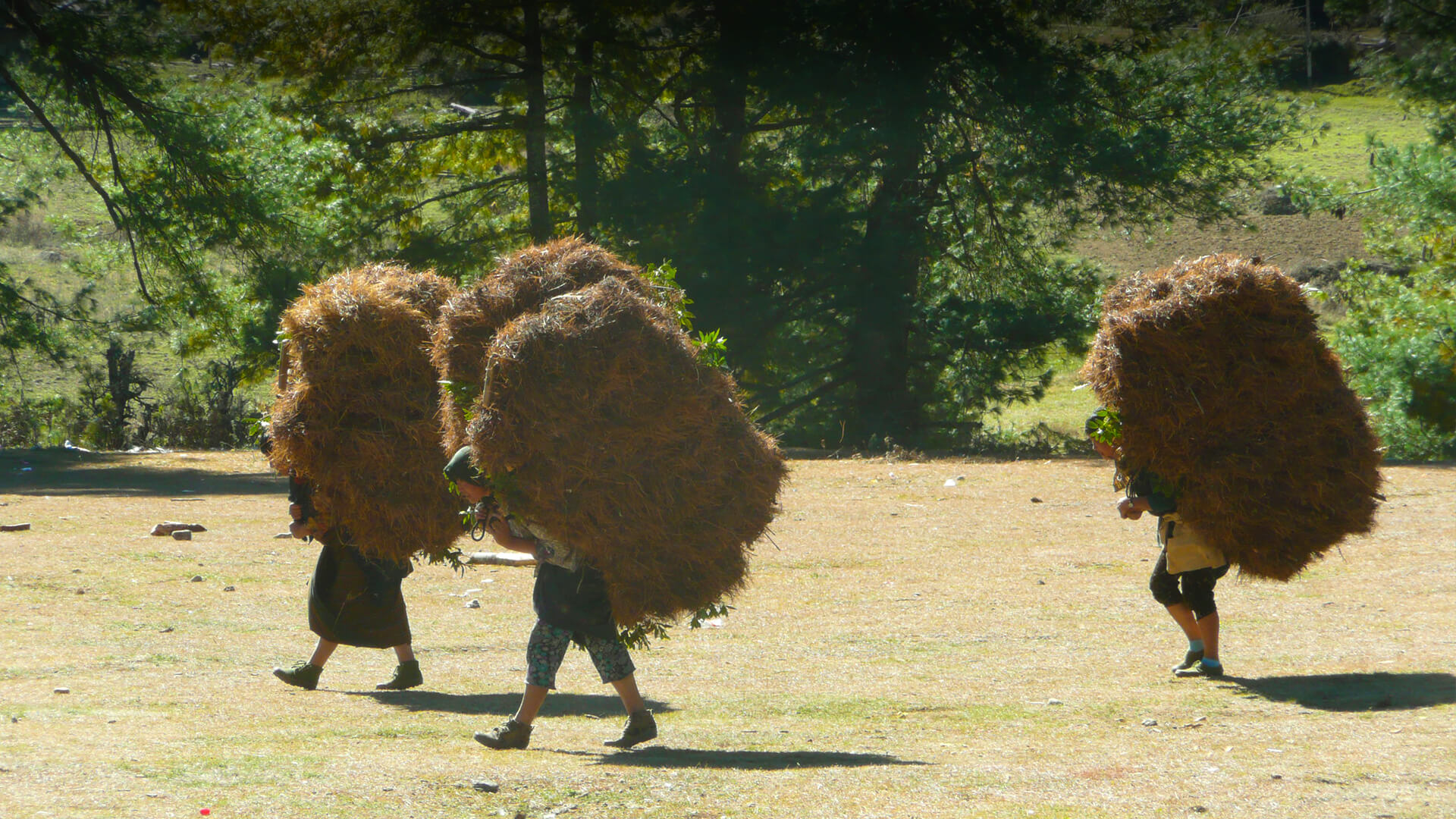Photocopy all your paperwork – don’t just think because you have copies of everything in the Cloud you’ll be ok. You are IN the clouds!
Sunhat, sunscreen and lip saver
Plug adapter (as per India)
Wet weather gear
Ear plugs – cascading rivers, dogs howling…
Beanie, gloves, scarf (for high passes)
Torch
Warm jacket
Insect repellent
Fleece/fleece waistcoat
Spare batteries/ memory cards etc
Any first aid stuff you think you might need (eg muscle anti-inflammatory)
Battery chargers (camera/phones)
Altitude sickness pills if doctor recommends
Washing powder
US$
Small packs of tissues, wet wipes or toilet paper
 Some little know facts about BhutanFAQs
Some little know facts about BhutanFAQs Some little know facts about BhutanFAQs
Some little know facts about BhutanFAQs








